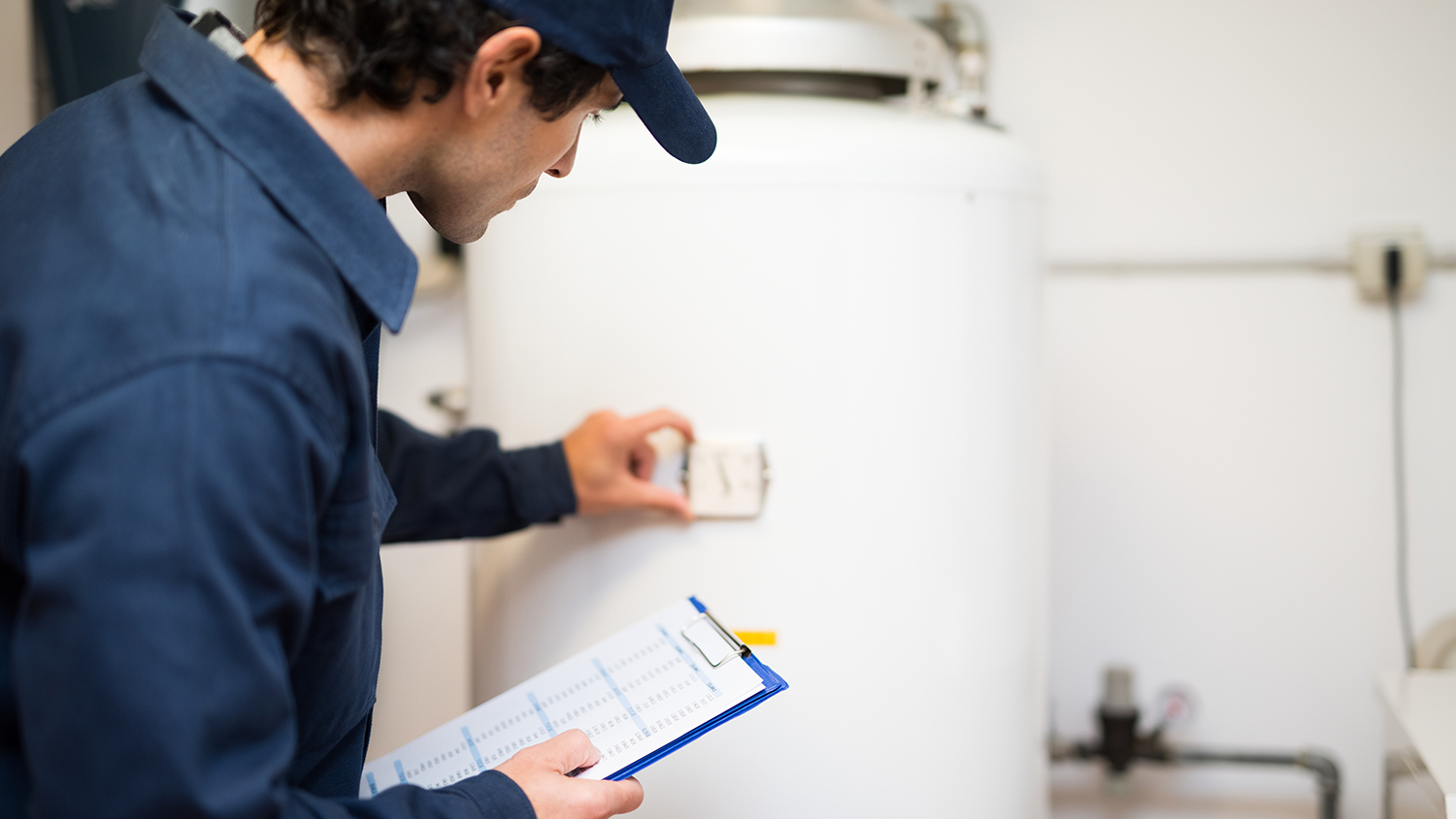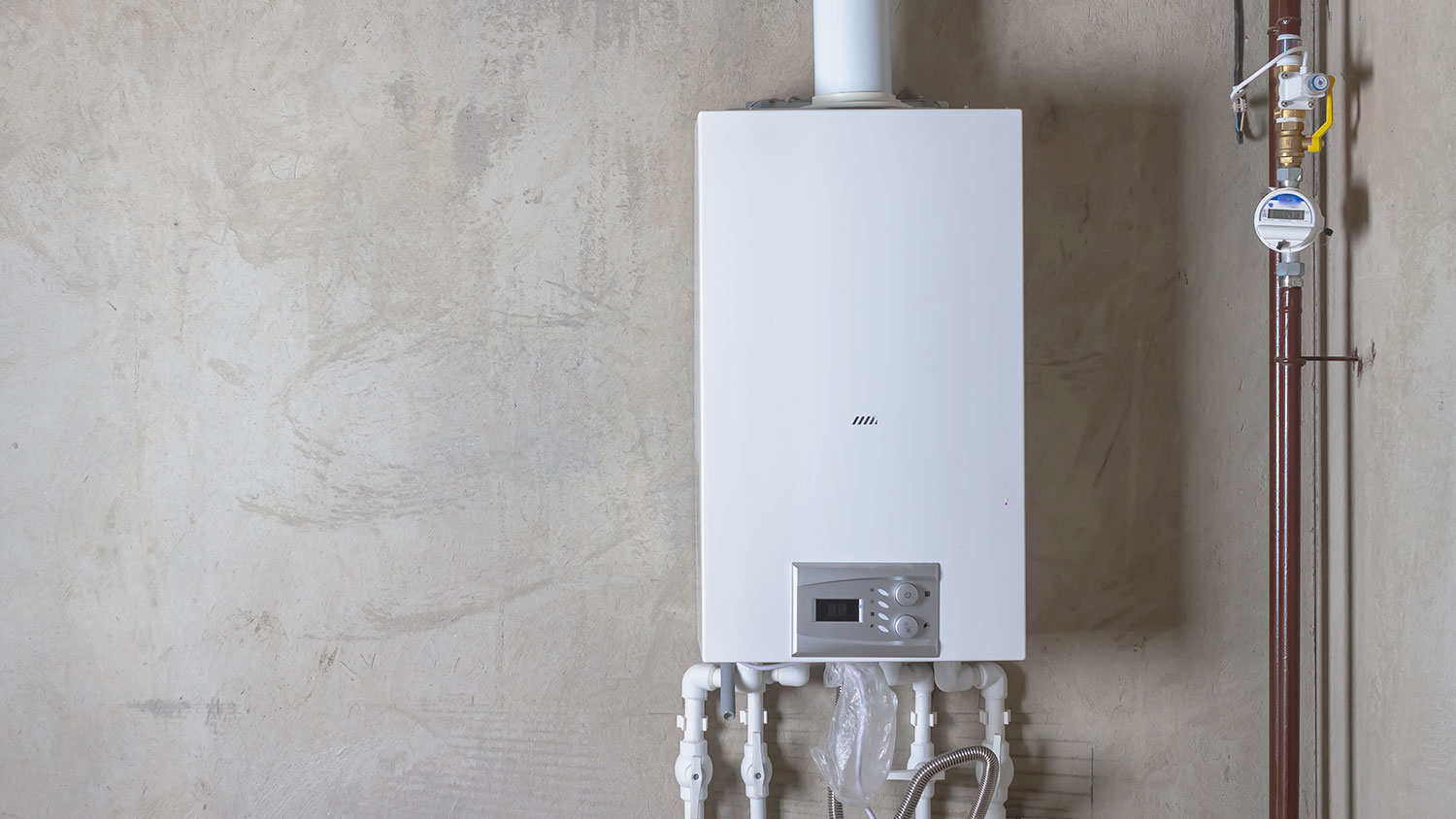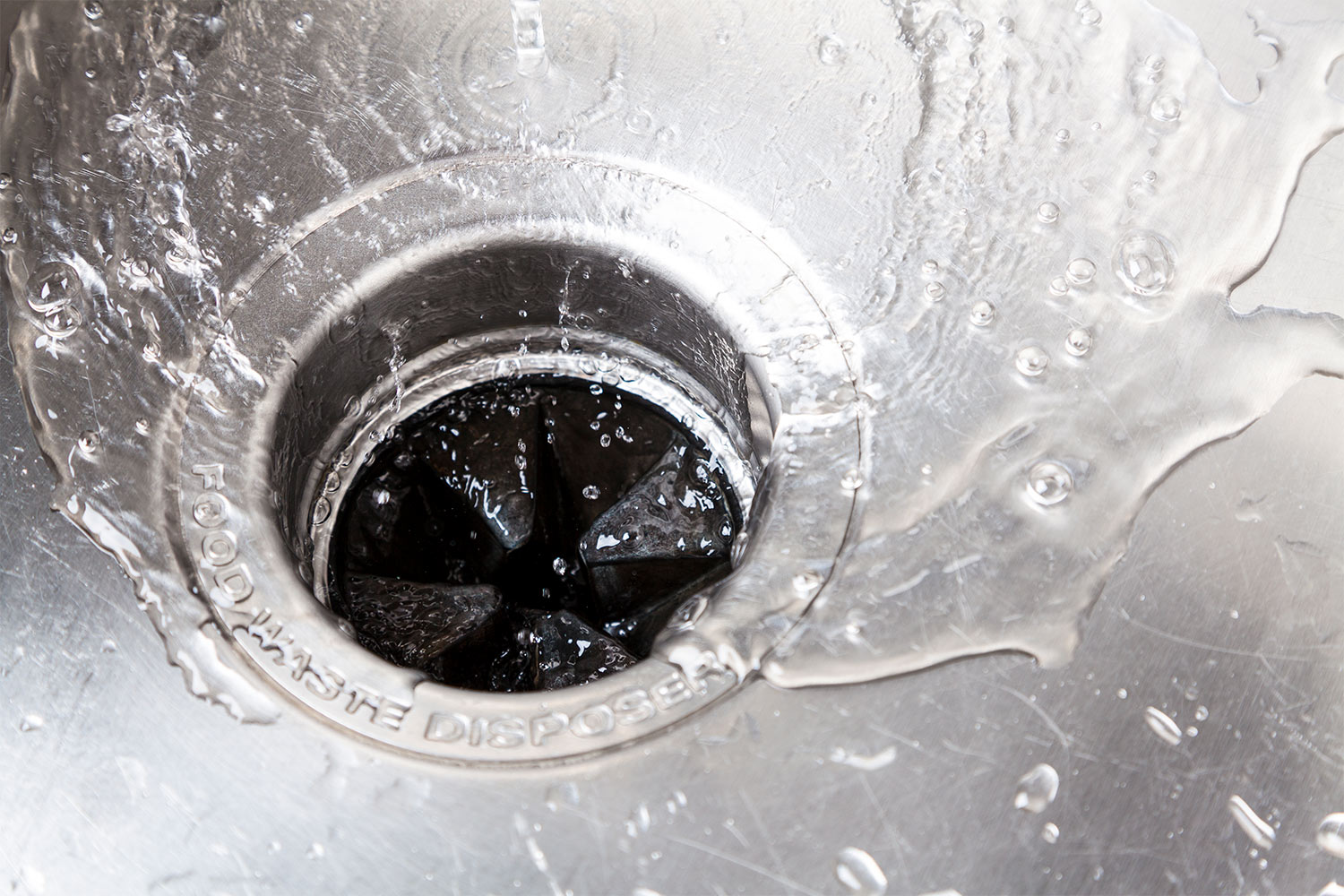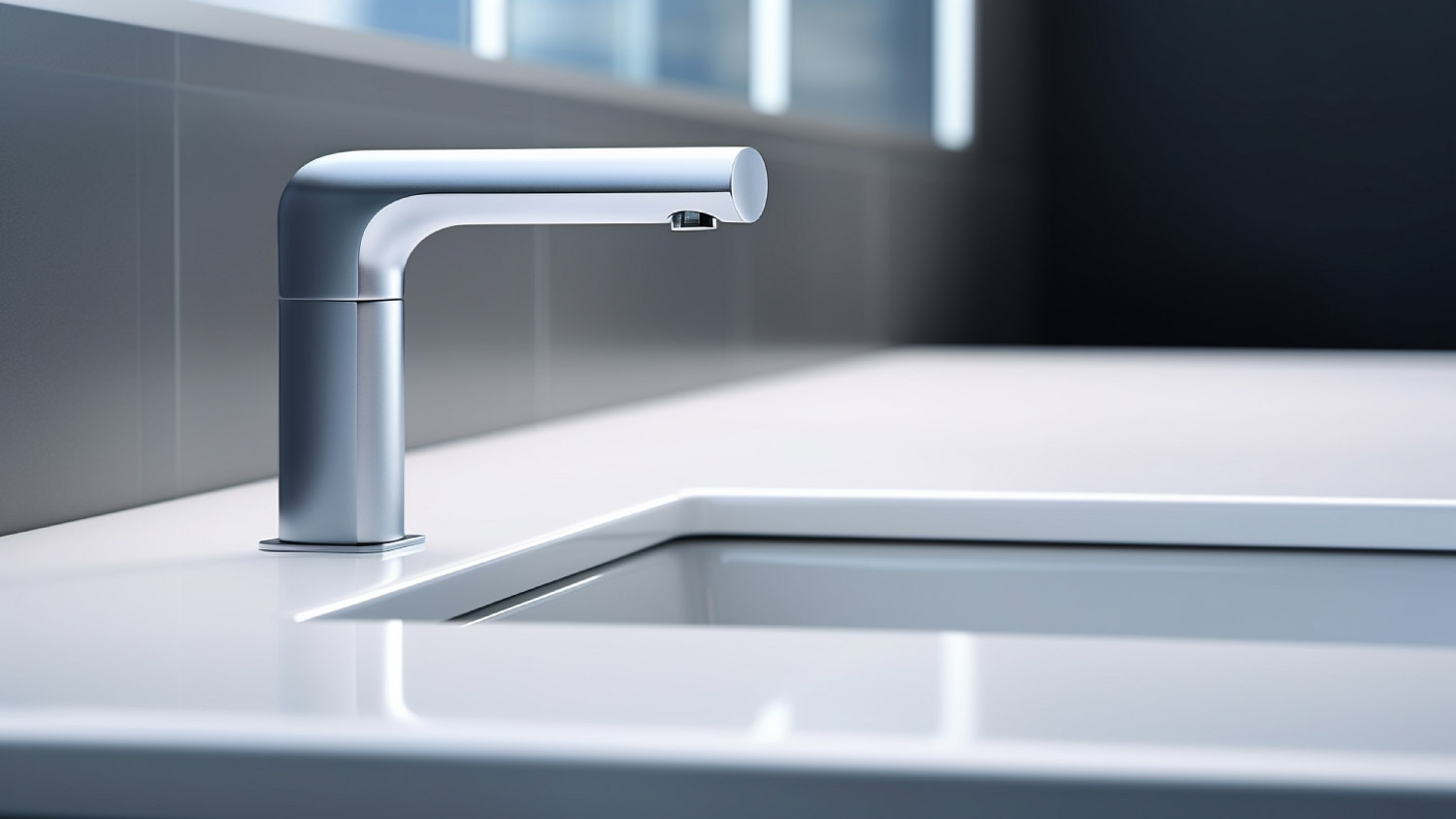
Who fixes water heaters? Learn who to call—plumbers or electricians—and what to expect so you can hire the right pro today.



Most residential pumps draw approximately 1,300 to 2,900 watts when they first start, then settle at roughly 800 to 1,050 watts during normal operation. The exact number depends on the motor’s horsepower and how often the float switch tells the pump to run. Even at the high end, the electricity cost is minor compared with the expense of cleaning up a flooded basement.
Grab a ruler and an empty 18‑inch‑wide pit. During a steady rain, time how much the water rises in one minute. Multiply that depth (in inches) by 60 to calculate gallons per hour, then add 50% for safety. If the result tops 2,100 gallons per hour—about 35 gallons a minute—you’ll need a 3/4‑horsepower unit. Anything lower, and a 1/3- or 1/2-horsepower pump should do the trick.
Loud rattling, constant cycling, or shuddering vibrations are the pump’s way of telling you it’s on its last legs. Musty smells, higher electric bills, and visible rust are other red flags. If the unit is 10 years old or older and exhibits any of these symptoms, replace it before the next heavy rain turns your basement into a wading pool.
You don’t have to hire a licensed plumber, but you should still bring in someone who installs sump pumps for a living—whether that’s a plumber, basement‑waterproofing specialist, or experienced handyman. They know the local codes, can wire the pump safely, and will test the system before they leave. Skipping professional help might void the warranty and could leave you with a pump that fails when you need it most.
Not every basement needs a pump, but if your home sits in a floodplain, has a high water table, or has ever taken on water during a storm, a sump pump is inexpensive insurance. For basements that only struggle with condensation or the occasional damp spot, sealing cracks and improving drainage may be all that is needed.
From average costs to expert advice, get all the answers you need to get your job done.

Who fixes water heaters? Learn who to call—plumbers or electricians—and what to expect so you can hire the right pro today.

Wondering who fixes tankless water heaters? See who to call for tankless water heater repair and when an electrician is appropriate.

Wondering who fixes garbage disposals? Learn who to call—appliance repair pros, plumbers, or electricians—and see when to hire a pro.

Do you need a plumber to replace an outdoor spigot? Learn who to hire, DIY limits, and cost factors so you can book the right pro.

Wondering who fixes leaking range hood issues? Learn who to call, why it’s leaking, and how pros repair range hood vent leaks.

Who replaces faucets? Learn whether to hire a plumber or handyperson, how pros do it, and faucet replacement costs before you book.